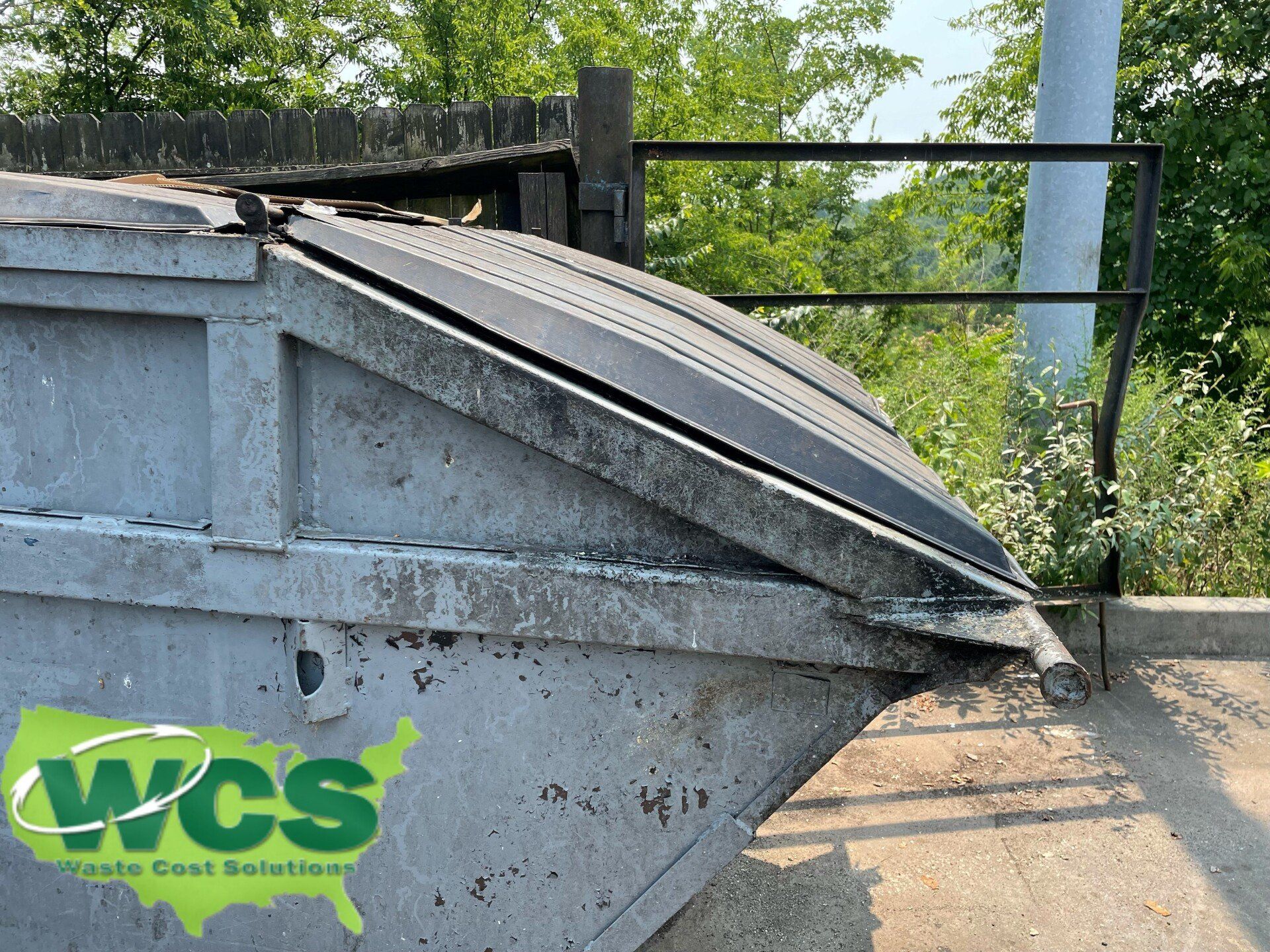Restaurant Waste Disposal Management Service
Restaurant Waste Management
What Does It Cost for Restaurant Waste Disposal?
The cost of a dumpster for any restaurant depends on its size and location. A smaller, family-run eatery in the countryside may only require one that costs around $250 monthly, while an expansive chain establishment situated in a concrete jungle will likely necessitate an enormous receptacle that could be priced over several hundred dollars per month.
The size of the dumpster is not the only element that contributes to its cost; the frequency of pick-ups also plays a part. A restaurant generating large amounts of waste might need frequent collection multiple times per week, whereas restaurants producing lower volumes may only require emptying every one or two weeks. As illustrated, numerous factors come into play when calculating the price for a restaurant's dumpster fee.
Contact Us Today For A Free Quote
We will get back to you as soon as possible.
Please try again later.
What Dumpster Size Does My Restaurant Need?
Choosing the proper dumpster size for restaurants can be a confusing process. To start, you need to accurately gauge how much waste your restaurant produces daily - including food scraps, packaging, and more. Then ask yourself - with my restaurant's activity level in mind- how often will I have to empty the dumpster? If it's busy, then multiple times per week may be necessary. With this information on hand, you'll get a clearer picture of what type and size of the dumpster is needed for optimal efficiency!
Yet, if the waste levels in your restaurant are low, you may only need to dispose of materials once a week or even a month. The volume and type of rubbish you discard will also affect what size dumpster is best for your needs; more packaging-related wastes require bigger containers while those with mainly food refuse should opt for smaller units. With these details taken into consideration, selecting the correct dumpster size becomes simpler!

How To Handle Kitchen Waste More Effectively
- Strategic shopping is key when it comes to keeping a restaurant kitchen supplied. You must find the perfect equilibrium between having enough resources on hand to satisfy customers and avoiding unneeded expenses due to overbuying. A great way to achieve this is by opting for bulk purchases of items that will be consumed before they expire. For instance, items such as flour and sugar can be preserved for an extended period of time, which makes purchasing them in bulk a logical decision. On the contrary, products like produce and meat are highly perishable; hence it is more advantageous to purchase them on demand or in smaller quantities. Being mindful about what gets bought possibly by the truckload allows restaurants to preserve their finances while reducing food waste simultaneously.
- Inventory accuracy is paramount when it comes to managing your business. Excessive stock or shortages of items can have serious repercussions on your bottom line, so ensuring that you always know exactly what's iin stockis essential. To ensure the most accurate count possible, there are a few simple steps you can take - and we've got them covered! To stay on top of your inventory numbers, begin by conducting periodic physical inspections to make certain that the data in your records is accurate. Secondly, keep all documents current so you can easily monitor what has been purchased and needs replenishing. Lastly, consider utilizing barcodes or RFID tags for tracking since this technology helps eliminate human mistakes. With these tips at hand, you will be able to maintain precise count of possessions while shrinking wastefulness as much as possible!
- It's an astonishing figure, but Americans discard approximately forty percent of the food they produce annually. Think about it - hamburgers, steaks, and chicken wings all going to waste! Sad as that may be, this is not only happening at restaurants or grocery stores; innumerable amount of leftovers are thrown away in eateries nationwide on a daily basis. Do you have food that is leftover and going to waste? Instead of just throwing it away, why not donate it instead? Charitable organizations such as shelters or local charities are in constant need of non-perishable items. By donating your leftovers, you'll be able to make a positive difference in the lives of those less fortunate while also raising your community's awareness level!
- Entrepreneurs who run dining establishments understand that there is more to the successful operation than just providing excellent cuisine and refreshments. Strategizing with meticulousness is key in guaranteeing all of your guests are content and nothing goes amiss. Food-wise, this necessitates considering any dietary constraints or inclinations of those you serve - although it may be inviting to concoct a single dish everyone can enjoy, resulting leftovers often mean surplus food needlessly thrown away. An optimal strategy is to curate your menu for maximum acceptance. By providing an array of carnivore, vegetarian, and vegan dishes, you can guarantee that all guests will be satisfied with their dining experience. And if any food remains uneaten at the end of the night? Don't fret - these leftovers serve as a generous donation to charity!
- It is of the utmost importance for businesses that handle perishable goods to pay special attention to expiration dates. Not only must they ensure customers are served fresh food, but also take advantage of this chance to minimize wastefulness. To ensure optimal freshness and cost efficiency, businesses that manage perishable goods should be mindful of their expiration dates. Paying attention to when items are likely to expire can greatly reduce waste, while also keeping costs low – a win-win situation for any business!
- Composting is the perfect solution for restaurants looking to reduce their environmental footprint and make a difference. Not only can food scraps, organic materials, and other waste be composted into nutrient-rich soil enhancers that boost plant growth, but it also helps combat methane emissions produced by landfills. Ready to do your part in protecting our planet? Take the first step with composting today!
Why Choose Waste Cost Solutions For Restaurant Waste Management and Business Recycling?
When it comes to finding a trustworthy and inexpensive waste management solution for your restaurant, Waste Cost Solutions is hands down the best option. As market leaders in this field nationwide, we have various services that can suit any requirement you may have. For example, our recycling program diminishes your environmental footprint while also enabling you to save on costs - win-win! Furthermore, our facilities maintenance service ensures that all of those little day-to-day issues are quickly taken care of without hassle or delay.
Also available: Waste Management For Hospitals
Book a consultation
Have a question? We’re here to help. Send us a message and we’ll get be in touch.
Contact Us Today
We will get back to you as soon as possible.
Please try again later.
Browse Our Website
Contact Information
Phone: 561-417-0415
Toll Free: 866-349-2734
Fax: 561-417-9684
Address: 1307 S. Federal Hwy, Deerfield Beach, FL, 33441
Email: Sales@wastecostsolutions.com
General Help: help@WasteCostSolutions.com
Accounting: accounting@WasteCostSolutions.com
Marketing Requests: marketing@wastecostsolutions.com
Business Hours
Office Hours
Monday - Friday: 8:00 am- 5:00 pm
Saturday- Sunday: 9:00am- 1:00 pm
After Hours
Monday - Friday: 5:00 pm- 11:00 pm
Saturday- Sunday: 8:00am- 11:00 pm





